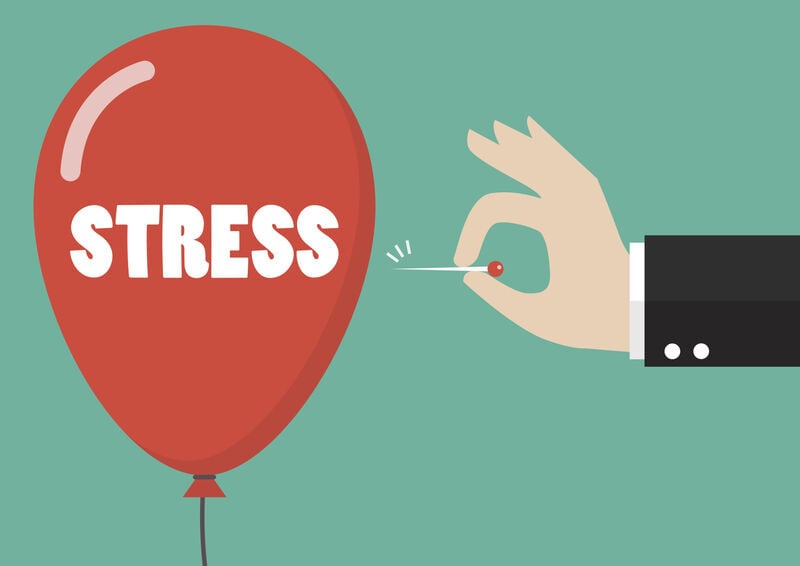
Alzheimer’s or dementia are not completely avoidable, and while there are foods out there that can protect your grey matter, there are no miracle ‘brain foods’ that can cure you overnight. But many medical conditions are the result of what you eat and don’t eat. By eating a healthy diet with a wide variety of fruits and vegetables, minerals, vitamins, and antioxidants, this can promote a healthy brain and protect brain cells from being damaged. Many foods can affect your brain. Let’s take a look at the top 5 ways food plays a role in affecting your brain health.
How Do Carbohydrates Affect the Brain?
Nutrition is key for brain function because while our brain only makes up about 2% of our body weight, it consumes around 20% of glucose-derived energy. Serotonin in the brain is produced by carbohydrates and the glucose building blocks. The best source of food to balance your mood and anxiety comes from fruit, rice, potatoes, lactose sugars found in milk, and whole grains.
How Do Probiotics Affect the Brain?
Anxiety and depression are strongly linked to the roles that probiotics and your gut play when communicating with your brain. This ‘gut-brain axis’ is the link between emotional parts of our brain and our gut. A study showed that people who eat probiotic-rich yogurts for over a month have fewer negative thoughts and are less responsive to emotional photos of people that are angry, sad, or fearful.
How Do Fats Affect the Brain?
The structure and function of neurons in our brain relies on specific fats that form the structure of cell membranes. Omega-3 fats with DHA make up 60% of the brain. This fish fat helps develop mental and eye strength. Taking omega-3 fats can reduce the progression of dementia, and the results are encouraging. Foods like oily fish, herring, sardines, and salmon are great for pregnant women to help encourage the early brain development of their child.
How Do Vitamins and Minerals Affect the Brain?
The consumption of vitamins and minerals such as vitamins B, C, D, & E and magnesium have shown to lower the risk of developing cognitive defects, as well as promoting brain health and development. Vitamin E and thiamine are crucial for cells to send messages over nerves, and magnesium found in spinach, avocado, brown rice, and nuts helps nerves to avoid damage and improve neural plasticity.
How Does Caffeine Affect the Brain?
The most commonly used psychoactive substance in the world is caffeine. In small doses it can increase performance, keep one alert and fend of tiredness, as well as increase cognitive ability in older adults. The downside is that caffeine can prevent people from getting sound sleep. There has also been evidence that consistently taking caffeine is associated with a lower risk of depression, cognitive disorders associated with Alzheimer’s, and even a lower risk of Parkinson’s disease. It is still unclear how this occurs.
















